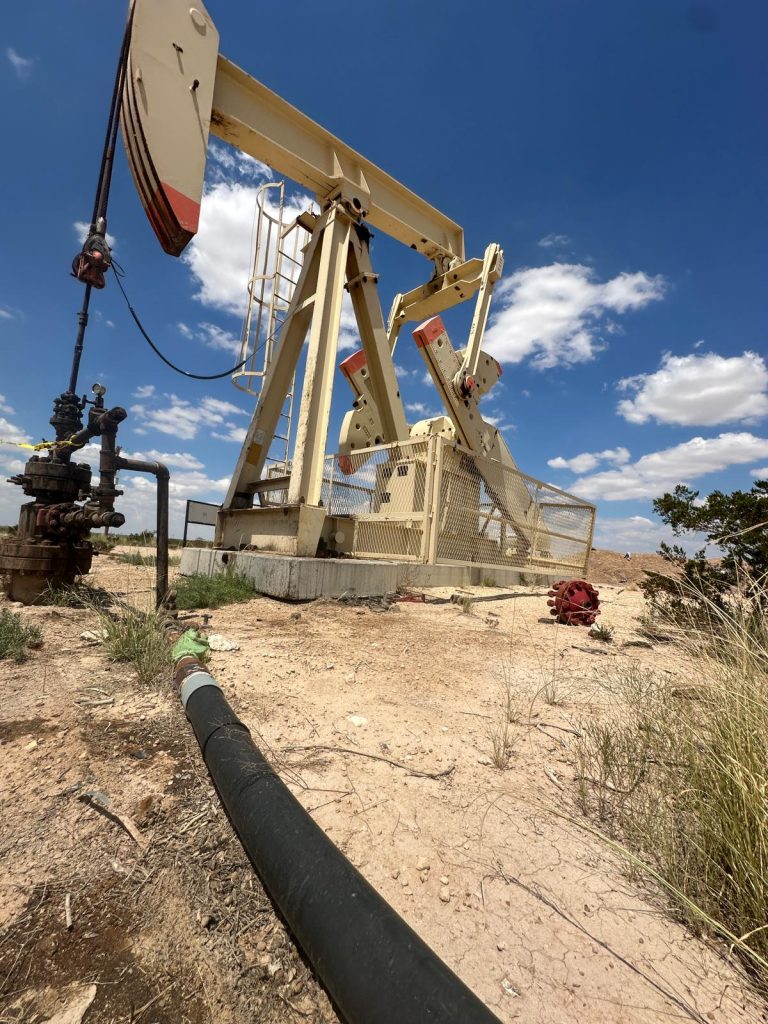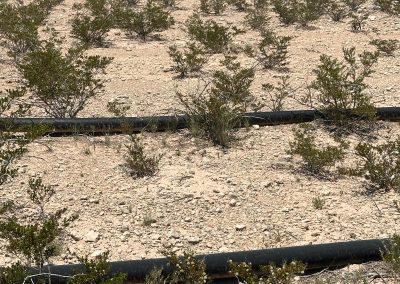Engineering And Procurement
Poly pipe
Specifically high-density polyethylene (HDPE) pipe, is a cost-effective and durable solution for the oil and gas industry, commonly used for gathering produced oil, gas, and water due to its resistance to chemicals, excellent joint integrity through heat fusion, and long service life. Its lightweight, flexibility, and smooth internal surface reduce installation costs and energy consumption by increasing flow rates, making it a versatile and sustainable alternative to traditional steel pipes in demanding oilfield environments.
Benefits of Poly Pipe in Oil & Gas
- Corrosion Resistance: HDPE pipe is resistant to salts, alkalis, acids, and organic solvents, which is crucial for transporting produced fluids containing various chemical compounds.
- Leak-Free Joints: The ability to heat-fuse HDPE pipes creates a monolithic system with joints as strong as the pipe itself, preventing leaks and reducing environmental impact.
- Cost-Effectiveness: Lighter and easier to transport than steel pipe, HDPE reduces material and installation costs.
- Efficiency: The smooth inner surface has a low coefficient of friction, increasing flow rates, reducing turbulent flow, and lowering pumping costs.
- Flexibility and Durability: Its flexibility allows it to adapt to challenging terrain, and its durability gives it a service life of 50-100 years.
- Sustainability: By preventing leaks and offering a longer lifespan, HDPE piping systems contribute to more sustainable and environmentally responsible operations.




